Leonora Carrington and the Queer Divine
Glittering with playful weirdness alongside mystical spirituality, Leonora Carrington’s “My Mother is a Cow” converges with the Christian tradition of divine incarnation and infuses it with queerness.
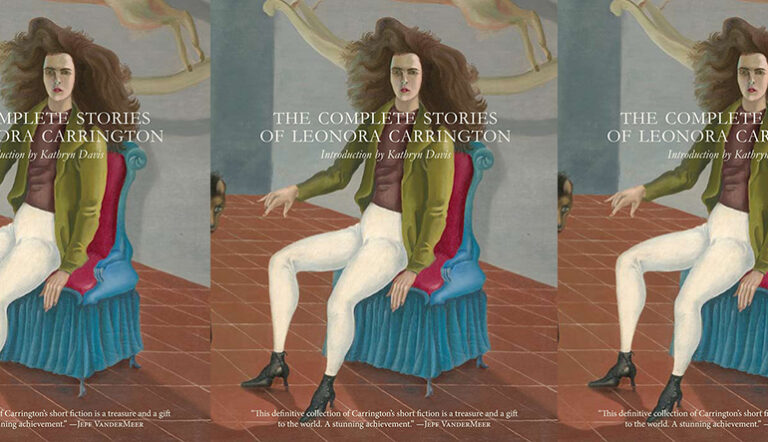
Glittering with playful weirdness alongside mystical spirituality, Leonora Carrington’s “My Mother is a Cow” converges with the Christian tradition of divine incarnation and infuses it with queerness.

Italo Calvino’s work reminds us that curiosity itself is a kind of gravity, a pull that is difficult to understand or measure and yet is instinctively, unavoidably felt.
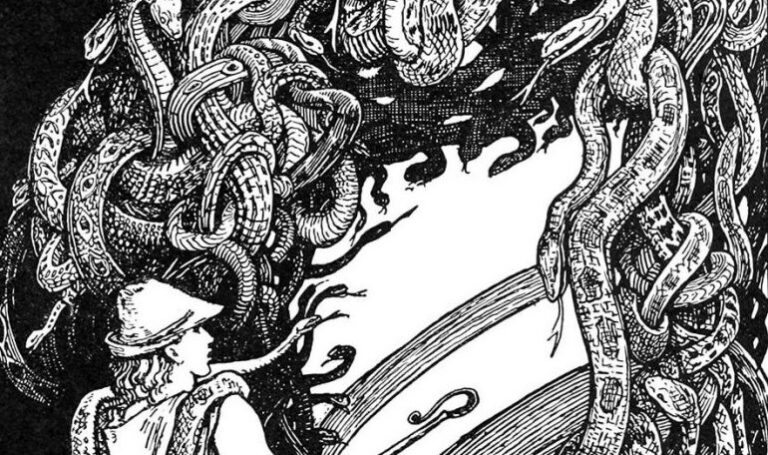
How can feminist theory and art look in the eyes of a future that seems increasingly doomed to eco-catastrophe? And what does that have to do with trickster myths?
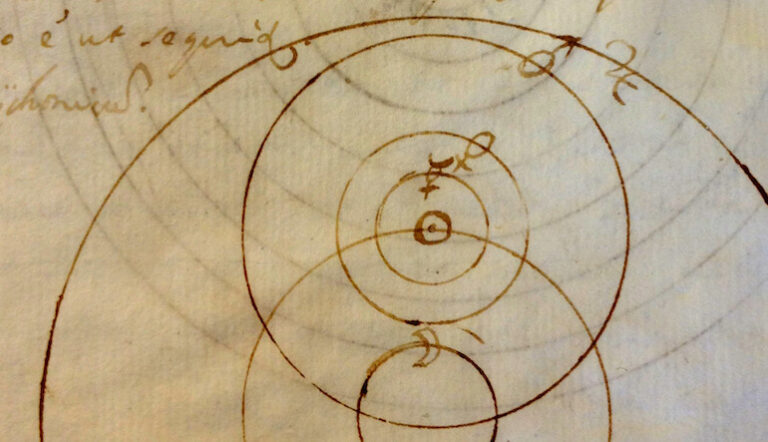
Sally Wen Mao’s new collection repeatedly pushes against the notion that a state of being “othered” is necessarily a fixed point of marginalization.
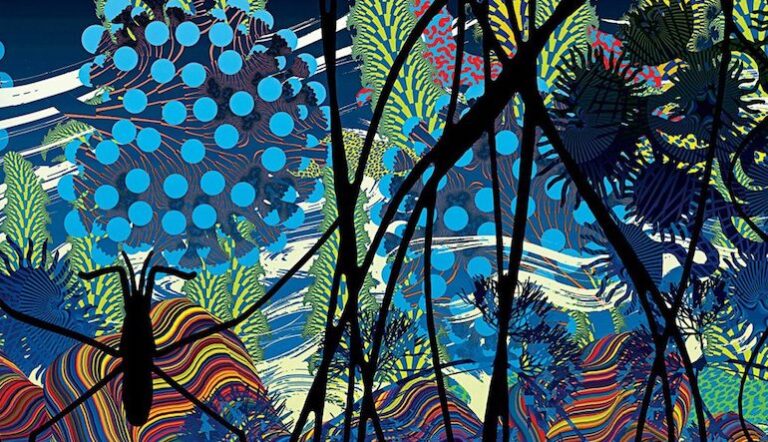
Daisy Johnson’s new retelling of the Oedipus myth molds the story’s original questions into new shapes: What does fear look like? What produces it?

In apocalyptic stories, lists seem to provide characters and writers with a sense of control.
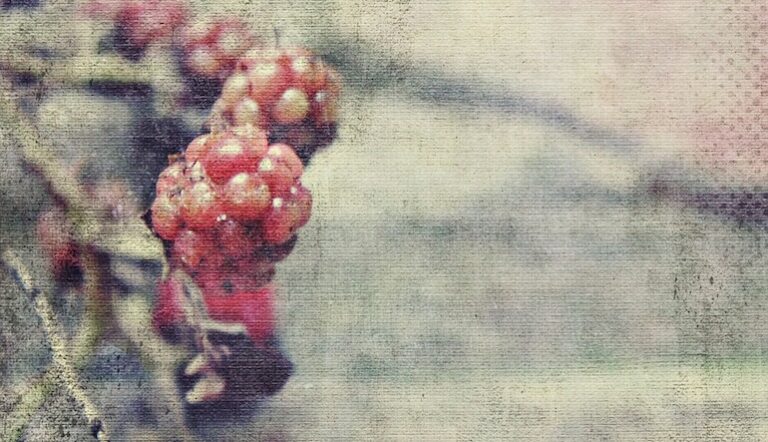
In Marjam Idriss’ new translation of Jenny Hval’s novel, the biblical Fall of Man is reimagined within a narrative of queer female desire.
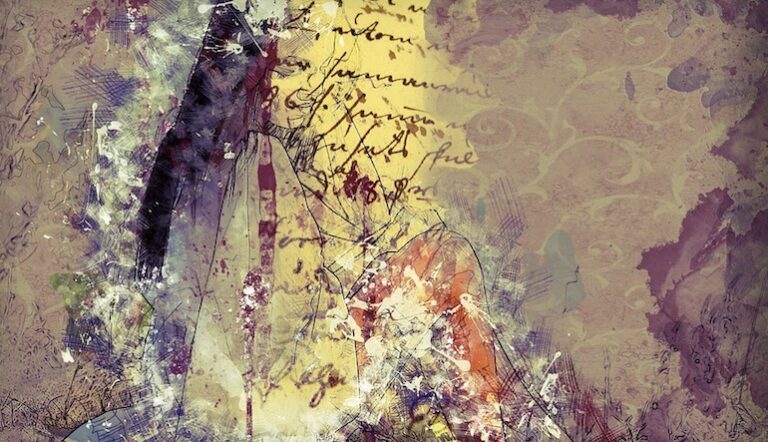
The works of Daisy Johnson and Chimamanda Ngozi Adichie demand a close look at the inherent sense of intimacy within the second-person perspective, forcing us to consider how we read the body in this mode of storytelling.
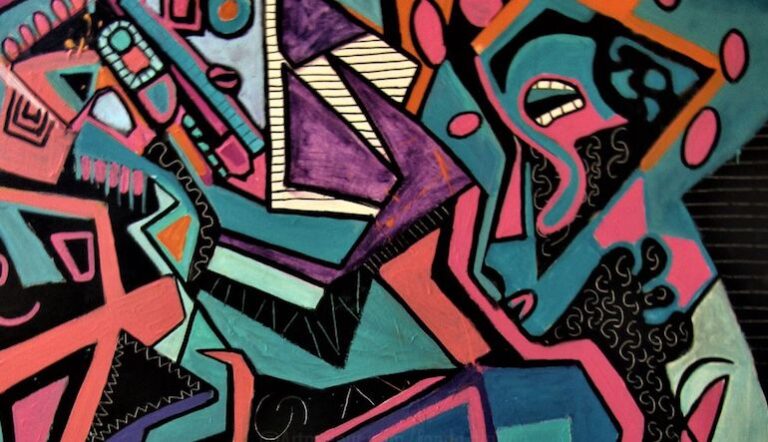
Without the draw of discomfort, horror wouldn’t be possible. Karen Russell uses different types of discomfort to shape her new short story, “Orange World,” in which Rae, an expectant mother with a high-risk pregnancy, makes a deal with the devil for the safety of her unborn child.
No products in the cart.